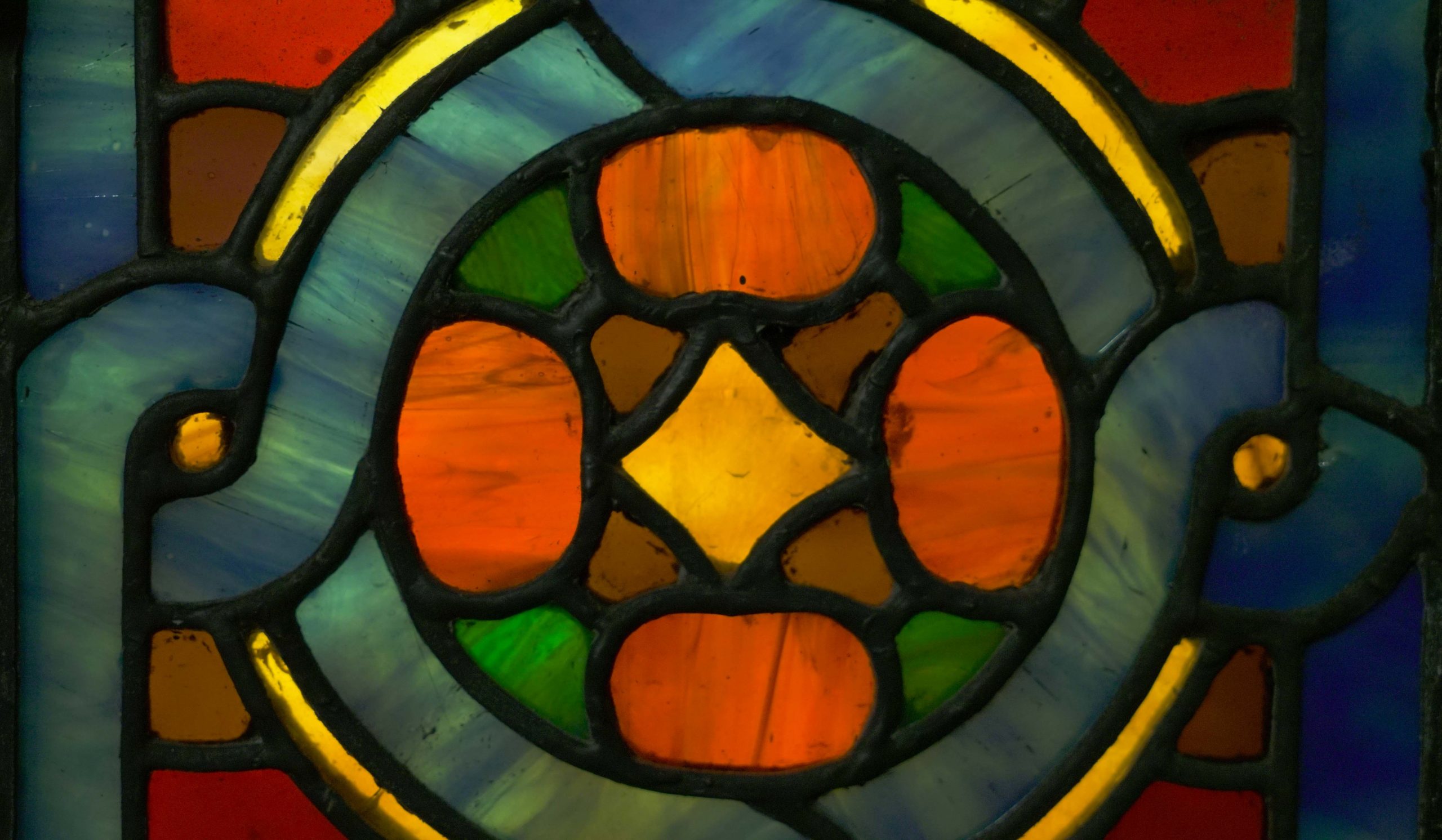Podcast: Play in new window | Download (Duration: 10:07 — 6.2MB)
Subscribe: Apple Podcasts | RSS
The Feast of the Baptism of Our Lord
Happy Epiphany (season)! Christmas is officially over and today celebrate the baptism of Christ and the start of his ministry. For me, this is the beginning of Jesus’s story. Christmas is wonderful, don’t get me wrong—I look forward to years of sermons on the life-affirming wonder that is the incarnation. But Jesus was just a baby. I don’t know how many newborns you have been around recently but they tend not to be the most impressive beings. Wondrous, beautiful, life-shattering little creatures. But even the son of God would have been asleep most of the time and those awake bits, well, a dozen soiled diapers a day gets old pretty fast.
But Jesus, the man—the man who we all follow, the reason we are here this Sunday morning—that story begins here, with his baptism. This past fall I took a class on Jesus’s healing and exorcism stories in the Gospel of Mark and the story of Christ’s baptism held a special significance. There were a few biblical scholars that we read who interpreted Jesus as shaman or a spiritual healer. For these authors, the moment of Christ’s baptism and anointing by the Holy Spirit should be read as a trans-formative rite of passage in which God’s Spirit overcame Jesus, possessed Jesus, and filled him divine power. The very power that enabled him to heal the sick, to exorcise demons and perform miracles.
I am sharing this not to convince you of this particular scholarly interpretation—to be honest, I’m not sure what I think—but, rather, I hope it offers a re-framing of a touchstone moment in the gospels. As I was preparing for this sermon, I realized that I had generally thought of Jesus’s baptism as a coronation of sorts—something changed, spiritually/metaphysically, but it wasn’t a surprise. It was a birthright, destined to happen eventually. The Spirit alighting on Jesus merely affirmed something he always knew. But what if it was shock? What if the Spirit of God seized Jesus, claimed him as “my Son, the beloved”? Pulled him out of the water and into a whirlwind of a life that would change the world forever.
And if we look at Jesus’ baptism through this lens, what does it mean for our own baptism? Having been baptized as an infant—actually, right over there, 30 some odd ago—I have no touchstone for that transformation. I’ve essentially always been a baptized Christian. There was no conversion experience, no before and after. But we actually do acknowledge this change in our baptism liturgy in a way that is remarkably similar to the language of possession noted earlier. “You are sealed by the Holy Spirit in baptism and marked as Christ’s own forever.” Just reading those words I get chills. I feel a deep sense of awe and humility in the face of the divine. I am nothing and yet I am God’s. As the psalmist sings, “What is man that you should be mindful of him/the son of man that you should seek him out?” I feel so small, so insignificant in the face of God who has claimed me.
But perhaps that response is not exactly right. Not to say that there is no value in owning one’s own relative punyness. I firmly believe that the world would be a better place if we did a better job of remembering just how small we are and vast the universe is. But maybe God doesn’t need me to grovel. Maybe fear and trembling isn’t the only way to face the divine. What might be possible if I own the very fact that God wants me? That God has claimed me. That I belong to God.
Reflecting on this, I remembered an interaction I had recently with a parishioner at St. Ann’s—the parish where I am currently serving as a seminarian. I have a young son—18 months old—who I bring periodically to church with me and I was speaking with this parishioner a few weeks ago about him. She was being very kind and talking about how she had seen me interacting with him as a parent and the love and affection she had seen us share. And then she spoke about what it will be like for him to grow up in the church, to feel sense of belonging in the places I serve, how he will “walk into church with his chest puffed out, so proud of his daddy.”
I tell this story because I wonder if that’s what I’m supposed to feel about God. That sense of ownership, that sense of pride, that sense of belonging. That God has claimed me and I can claim God in return. That I can walk around with my chest puffed out, so proud of the God who loves me. And if I do that, if I can actually stake my place in the Kingdom of God assured of the hold that God has upon me, what else becomes possible? How will that shape the way I live my life?
This is where our reading from Isaiah comes in. “He will not cry or lift up his voice, or make it heard in the street; a bruised reed he will not break, and a dimly burning wick he will not quench; he will faithfully bring forth justice.” God’s call is not one of accolades or triumph. We care for dimly burning wicks here, we are not building bonfires for our own glory. We shouldn’t expect heaps of attention. There is humility in Isaiah’s words but it comes from a place of strength, not debasement—it is a quiet confidence born of deep security, the blessed assurance that we belong to God. That is the ground on which we stand. Claiming God as our own and quietly working, “faithfully [to] bring forth justice.”





